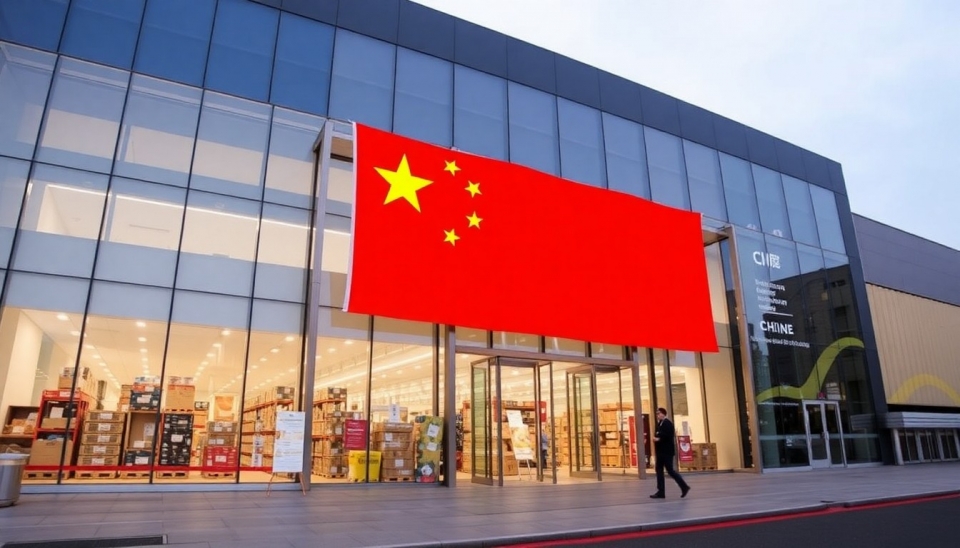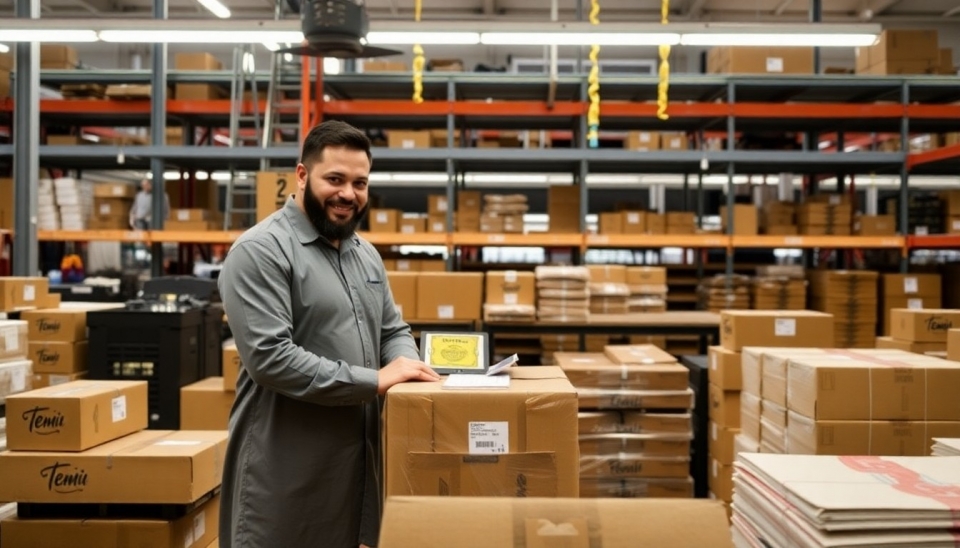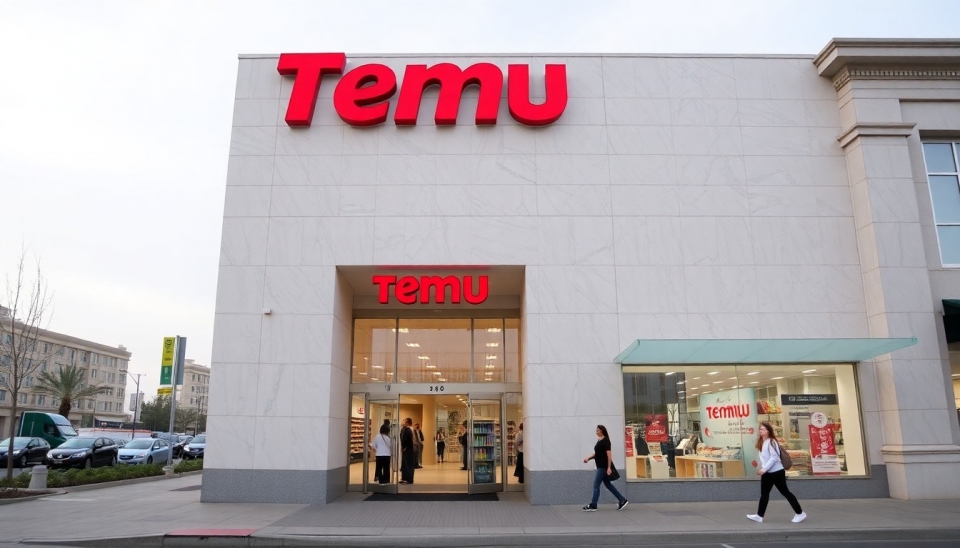
In a significant development that highlights the tension between global supply chain management and national economic interests, Chinese authorities have urged the fast-fashion giant Shein to reconsider its plans for shifting parts of its supply chain to reduce costs amid escalating tariffs. This request underscores the complexities Shein faces as it balances operational efficiency against the backdrop of China's evolving trade landscape.
Shein, which has rapidly ascended in the global fashion scene by leveraging a direct-to-consumer model and robust online presence, has been exploring diversification of its supply chain. The company aims to mitigate tariffs imposed on products imported from China to the United States, a market vital to its growth strategy. However, the pressure from Chinese officials suggests a growing concern over the potential long-term implications of such a move, which could ultimately affect local manufacturing jobs and economic stability.
China's appeal comes at a time when Shein is wrestling with significant challenges stemming from trade tensions that have resulted in hefty tariffs being levied on its products sold in key markets. As Shein contemplates options such as relocating production to countries with lower tariffs, Chinese government representatives have pointed out the risk of alienating one of the world's largest manufacturing hubs. They emphasize the importance of maintaining a presence in China, where logistical efficiencies and supplier networks are already well established.
The ramifications of Shein's decisions are profound. Should the company proceed with its supply chain alterations, it could potentially leverage manufacturing in places like Vietnam or India, where labor costs are competitive and tariffs less burdensome. Such a shift, however, could also spark a domino effect, prompting other companies in the fast-fashion industry to follow suit, thereby impacting China's already strained manufacturing sector.
Government officials have articulated that Shein’s decision will not only affect its operational capabilities but may also be viewed through a national lens. They are keen on fostering a favorable business environment that bolsters domestic companies amidst increasing global competition and geopolitical complexities. The request to halt changes to its supply chain, therefore, encapsulates a strategic push to retain economic resilience in the face of external pressures.
While Shein has yet to publicly respond to this direct appeal, industry analysts are closely watching the company's next moves. The potential for significant strategic changes could reshape the fabric of the fast-fashion market and influence the broader global supply chain trends. As trade dynamics evolve and markets fluctuate, Shein's ability to navigate this unprecedented landscape will be critical for its future success.
Ultimately, the situation exemplifies the intricate relationship between major corporations and their home governments, particularly in an era marked by rapid globalization and intense competition. Brands like Shein, which have thrived on agile supply chain strategies and technological innovations, will need to carefully weigh their options against the backdrop of national economic interests and their own operational goals.
As the industry watches closely, the outcome of this delicate balancing act may set important precedents for how global firms engage with and adapt to their domestic environments moving forward.
#Shein #China #SupplyChain #Tariffs #FastFashion #GlobalTrade #Manufacturing #Economy
Author: Liam Carter




